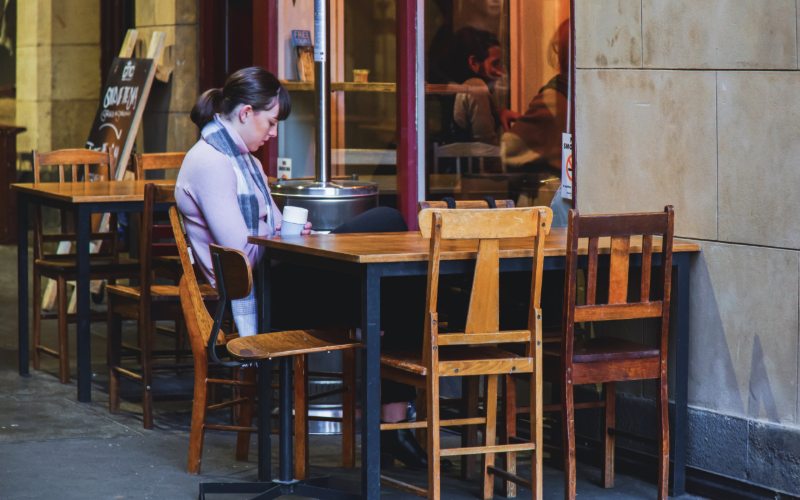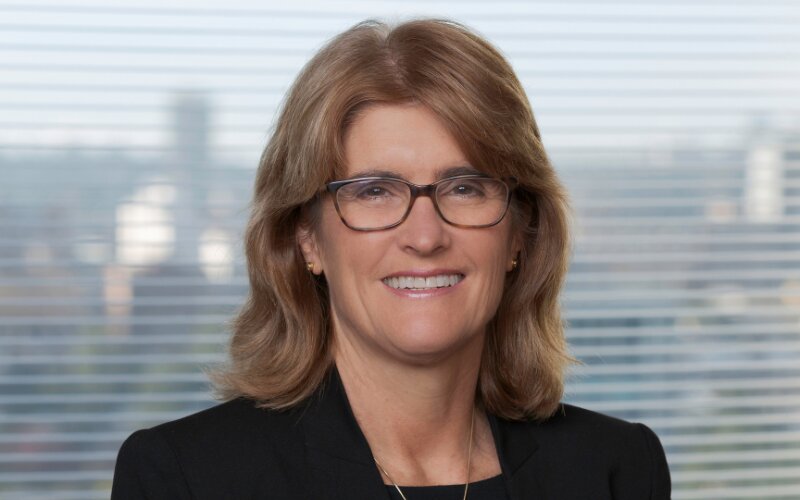The Suicide Prevention Australia Community Tracker found at least 40% of Aussie adults experienced distress beyond normal levels caused by cost of living pressure and personal debt in the June 2023 quarter.
Cost of living and personal debt was the leading cause of elevated distress, ahead of family and relationship breakdowns (23%) and social isolation and loneliness (20%).
The survey of 1,038 also revealed 38% of us know someone who has attempted suicide in the past year, an increase of 8% from the March quarter and 13% from 2021.
Another 21% of Australian adults report suicidal behaviour in the last 12 months, up 2% from February.
The TELUS Health mental and financial wellbeing index revealed in May that 45% of Australians have felt overwhelmed by debt.
Suicide Prevention Australia CEO Nieves Murray called the results concerning, and said that the link between suicide and tough economic conditions cannot be ignored.
"We're seeing suicide rates increase alongside inflation and interest rates," Ms Murray said.
"While suicide is complex behaviour, often with no single cause, we do know that the financial distress arising from these economic conditions can potentially increase the risk of suicide."
RBA Governor Philip Lowe consulted Ms Murray in May about how financial hardship was impacting Australians, and she told reporters she was 'reassured' that the mental wellbeing and safety was a priority of the RBA.
Dr Lowe has said the RBA are 'painfully aware' of the stress high interest rates are causing, but has continually made it clear he and the board see high inflation as the biggest economic issue facing Aussies.
The Reserve Bank will reveal on Tuesday whether the cash rate will be raised for the 12th time in 13 months.
Budget 'overlooked' Australians in crisis
Ms Murray was less positive about the work of Treasurer Jim Chalmers, whom she met in April.
"Unfortunately, the Federal Budget again overlooked people in crisis across the nation by not investing adequately in frontline suicide prevention services at a time when people are increasingly using them," she said.
The survey found 25% of Australians say they have visited, sought help from or researched a suicide prevention service in the past 12 months, up 5% from the March 2023 quarter.
"It's positive people are reaching out for help, but it's also putting increased pressure on already stretched suicide prevention services," Ms Murray said.
"We urgently need investment in suicide prevention-specific services to support those who are already at crisis point, particularly at a time where there is a shortage of psychologists.
"We also need to implement legislative measures to drive down suicide over the longer term. Australia must therefore prioritise a whole-of-government approach in the form of a National Suicide Prevention Act."
Photo by yanalya on Freepik

Ready, Set, Buy!
Learn everything you need to know about buying property – from choosing the right property and home loan, to the purchasing process, tips to save money and more!
With bonus Q&A sheet and Crossword!


 Jacob Cocciolone
Jacob Cocciolone









